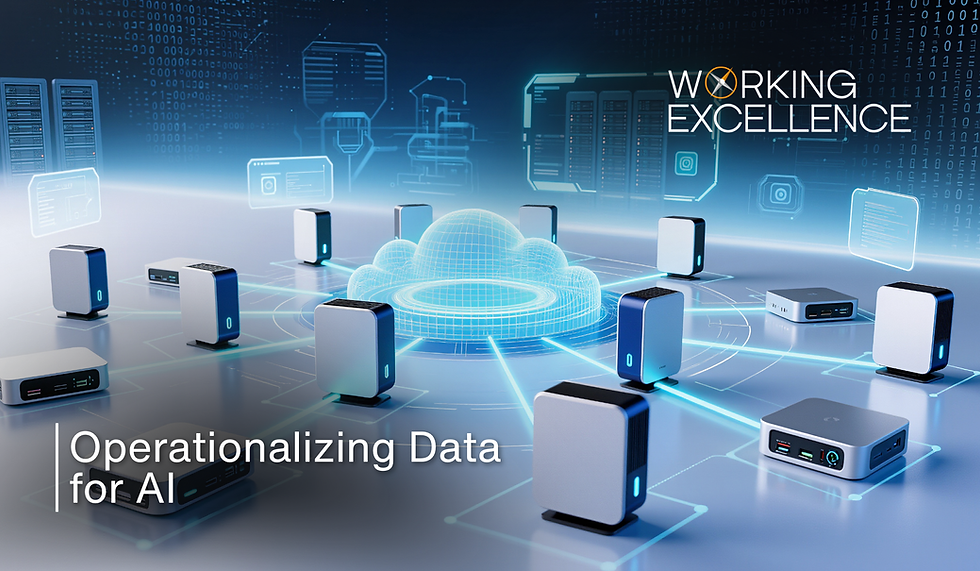Generative AI Revolutionizes Creative Industries
- Jerry Garcia

- Nov 27, 2024
- 3 min read
The rise of generative AI is reshaping creative industries, from advertising to legal services. Companies are increasingly leveraging this technology to enhance productivity, creativity, and efficiency, while also navigating the challenges and ethical considerations that come with it.
Key Takeaways
Generative AI is transforming various sectors, including advertising, legal, and healthcare.
Companies like Coca-Cola are using AI to create innovative advertising campaigns.
Legal professionals are increasingly adopting generative AI for tasks like document review and contract analysis.
Ethical considerations and potential biases in AI-generated content remain a concern.
Generative AI in Advertising
Coca-Cola recently launched a holiday advertising campaign that utilized generative AI to modernize its classic 1995 ad. The campaign aimed to blend technology with human creativity, showcasing how AI can enhance storytelling while maintaining emotional connections with audiences.
Pratik Thakar, Coca-Cola's global head of generative AI, emphasized the importance of balancing technology with human input. The campaign involved multiple production houses, each contributing unique interpretations of the brief, which aimed to preserve the essence of the original ad while exploring fantastical elements through AI-generated visuals.
Transformative Impact on Legal Services
A recent study by the International Data Corporation (IDC) revealed that 69% of legal professionals expect to increase their use of generative AI in the next two years. The study highlighted that legal research and contract analysis are currently the most common applications of generative AI, with document review predicted to be the fastest-growing area.
Key findings from the study include:
64% of legal professionals plan to use generative AI for document review within a year.
93% anticipate using it for document review within five years.
Paralegals and legal operations professionals are leading the way in AI adoption.
Ethical Considerations and Challenges
As generative AI becomes more prevalent, ethical concerns regarding data bias and the potential for misinformation are rising. Legal professionals expressed varying levels of concern about the accuracy of AI-generated content, particularly regarding the risk of hallucinations—instances where AI produces incorrect or misleading information.
In the advertising sector, Coca-Cola's approach included ethical guidelines for AI usage, ensuring that the technology was employed responsibly and in a manner that respects intellectual property rights.
Future Prospects
The future of generative AI in creative industries looks promising, with potential applications expanding across various sectors. As companies continue to experiment with AI, the focus will likely shift towards refining the technology and addressing ethical concerns.
Experts agree that while generative AI can significantly enhance productivity and creativity, it is essential to maintain a human touch in creative processes. The balance between technology and human creativity will be crucial in shaping the future of industries reliant on generative AI.
In conclusion, generative AI is not just a passing trend; it is a transformative force that is redefining how creative industries operate. As organizations navigate the opportunities and challenges presented by this technology, the emphasis on ethical practices and human oversight will be vital for sustainable growth and innovation.
Sources
Will AI Transform the Business World? Aaron Levie and Arvind Narayanan Separate Hype from Reality - WSJ, WSJ.
New Research Study Predicts Continued Growth for Generative AI in Legal, Law.com.
Future of TV Briefing: A Q&A with Coca-Cola's generative AI head about that holiday ad - Digiday, Digiday.
When generative AI meets the FDA: First digital health adcomm kicks off discussion, Endpoints News.
New AI tool generates realistic satellite images of future flooding | MIT News | Massachusetts Institute of Technology, MIT News.



